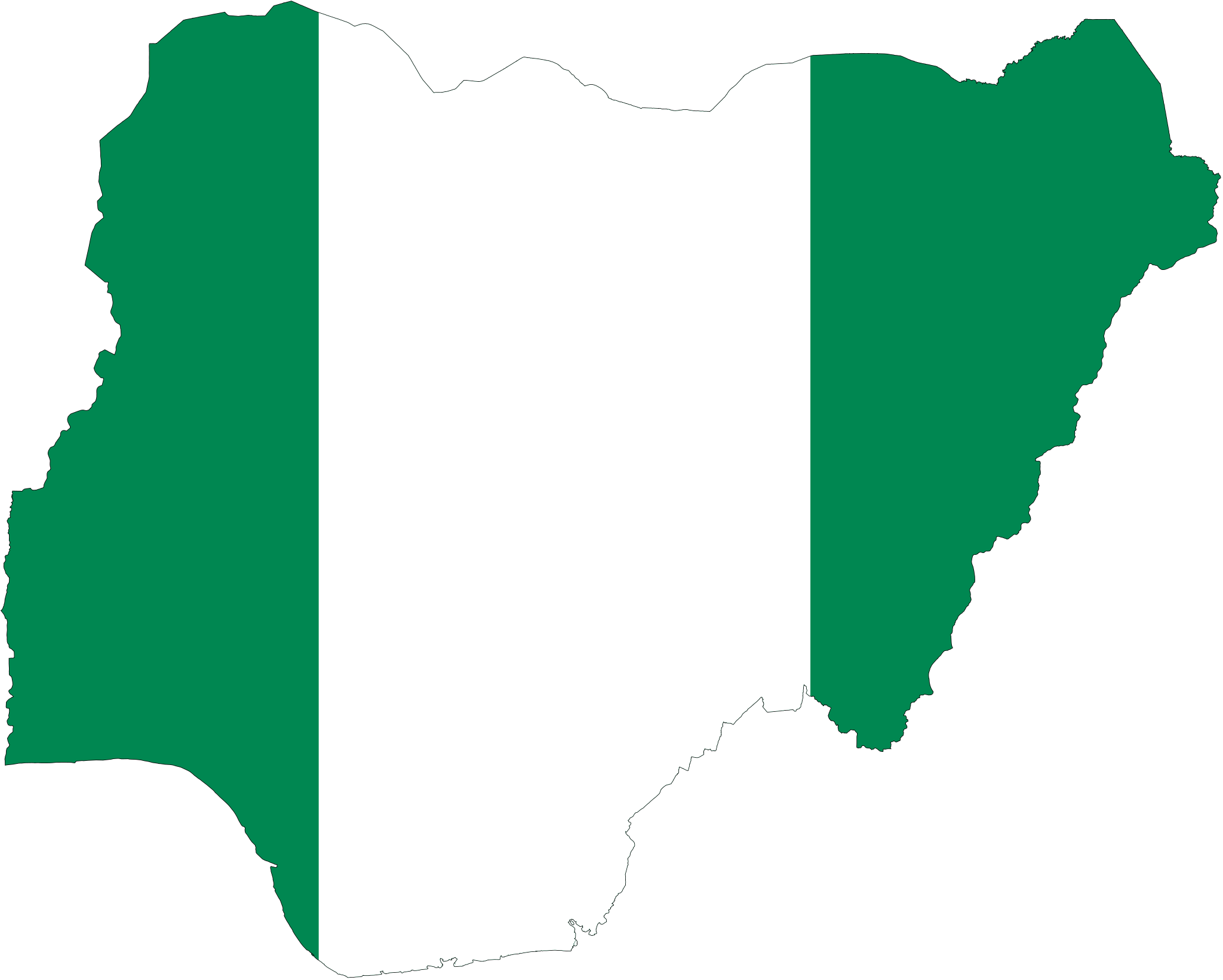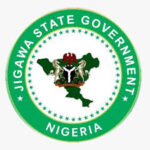Every crisis in Nigeria tends to reveal that we are made of the same fabric as the political leaders when it comes to corruption. From the bankers who hoard the new Naira notes in the midst of scarcity and risking arrests, down through the gas station owners and managers exploiting and profiteering from the energy crisis, to the Point-of-Sale providers who impose exorbitant fees, everyday Nigerians are all just waiting for their chance to partake in the corruption that they so often revile. These actions mirror those of the politicians who have become the subject of public ridicule and contempt, perpetuating the vicious cycle of corruption that continues to afflict the nation. The rapidity of our descent into a state of nature, devoid of rational justification, is a cause for alarm.
The vision of Nigeria held by many Nigerians, as their actions in certain crises show, is a frightening one. It’s characterised not by a functioning society but by the exploitation of one’s fellow citizens for self-serving gain. This is the extent to which corruption and greed have been institutionalised. This thought often echoes my big brother Alkasim Abdulkadir’s memorable diagnosis of Nigeria, where he proclaimed that the day Nigeria becomes a place of law and order, both the rich and the poor, the patriot and the lawless, are going to find it difficult to adjust or survive, a testament to the institutionalisation of corruption in our society.
Even though our Naira redesign and oil price regulatory policies have turned out to be a disaster, and already undermining our economic life, there’s no justification for this series of unsympathetic exploitations of the crisis. Private individuals and businesses, who have the ability to mitigate the situation, have instead chosen to prioritise their own financial gain. While it is understandable for individuals in the informal sector, who have been hardest hit by the cashless policy, to demand payment in cash, there can be no justification for enterprises such as filling stations that insist on cash payment despite being aware of its scarcity. These actions perpetuate the cycle of economic hardship and are unacceptable in a society striving for progress and stability.
The notion that one can act outside of the law, and that this behaviour is excused as being a “rational economic agent” – hoarding essential resources such as fuel and cash for personal profit – perpetuates our peculiar culture of corruption. This same reasoning also fuels the prevalence of wire fraud and, now, kidnapping for ransom in the country, with individuals believing that a flawed government is a justification for preying on vulnerable populations and stealing from them. While the government bears much of the responsibility for the current state of affairs, excusing the actions of non-state actors who have made the lives of ordinary citizens more difficult is unacceptable. There is always enough blame to go around, and it is crucial that all individuals and entities, including the government, take responsibility for their actions and work towards creating a fairer and more equitable society.
- Wedding turns bloody, as ‘soldiers’ kill 24-year-old mechanic in Kaduna
- Naira scarcity: Police uncovers plot to destabilise Lagos
The trending reports of banks engaging in the hoarding of cash and facilitating the sale of the bleached Naira notes for profit to the privileged and politically connected, is a clear departure from rational economic conduct. This self-serving behaviour not only erodes the trust of the public in the financial system, but also betrays the very principles of serving the customers for whom these institutions were created. It is a stark reminder that the actions of some individuals and organisations are driven solely by personal gain, regardless of the impact on the wider community.
My colleague related a concerning incident at a filling station in Lagos this week. The attendants refused to accept payments through the usual methods of POS machines and bank transfers, instead demanding payment in the bleached cash. She got to find out that the attendants had close ties to the POS operators, who were charging N200 fees for each N1000, perpetuating a cycle of exploitation and greed. This is not an example of market forces at play, but rather a deliberate act of economic sabotage.
The biggest culprit in the current economic sabotage, though, remains unaddressed by the political class, their discretion driven by the forthcoming general election. Branding the Central Bank of Nigeria’s Governor, Godwin Emefiele, or the so-called Cabal as “economic saboteurs” or “fifth columnists” is a cowardly punch, a misdirection. Neither of them could’ve functioned or done what they do without the backing of the President and Commander-in-Chief of the Armed Forces. As we are not in anarchy, at least officially, the ultimate responsibility lies with President Buhari.
That those whose voices resonate across the corridors of power are afraid of speaking out is the reason we must always be wary of allowing or paving the way for demagogues to assume power. Every President should be accountable to the people, and be vulnerable to the consequences of prioritising their personal preferences over national demands. But, then, the citizens, through their demonstrated sycophancy over the years, have contributed to the erosion of their own power.
The murmuring in our political circles and the outright refusal to call President Buhari to order even among those tasked with advising him brings to life the Hausa adage, “Ba mugun sarki, sai dai mugun bafade”—There’s no bad king, only a bad courtier. This grand echo chamber at Aso Villa, in which, I assume, even the courtiers must be suffering in silence—unless they have no dependents—is the tragedy of inventing and promoting unchecked demagogues to be in power.
As citizens, our ultimate goal is to partake in the development of the nation, but nobody should ever be in a position where they are compelled to function as “mugun bafade,” afraid or incapable of advising their principal to acknowledge the grievances of those they were elected and appointed to serve. This undermined ability to hold leaders accountable is the cornerstone of a healthy and functioning democracy. Without this, and with citizens prepared or provoked to create chaos in the shadow of a silent government, we must brace up for the road to Somalia.

 Join Daily Trust WhatsApp Community For Quick Access To News and Happenings Around You.
Join Daily Trust WhatsApp Community For Quick Access To News and Happenings Around You.


